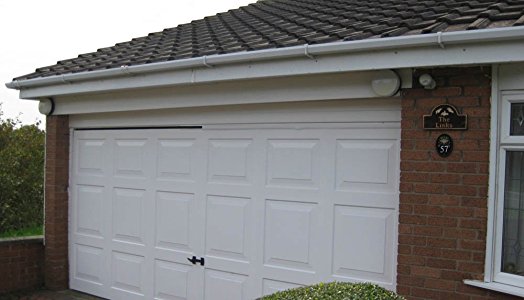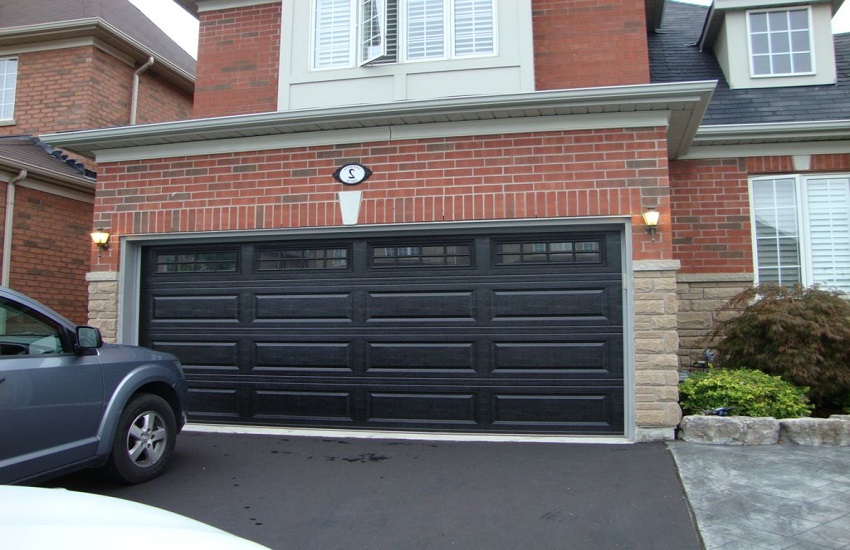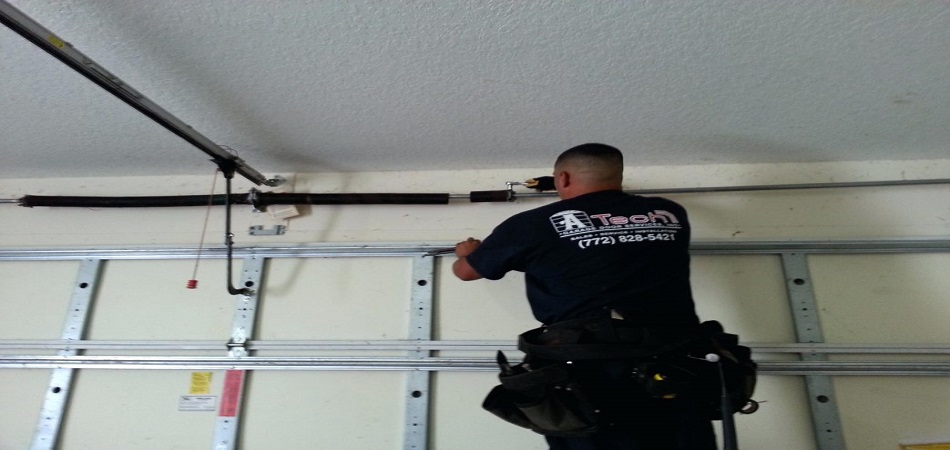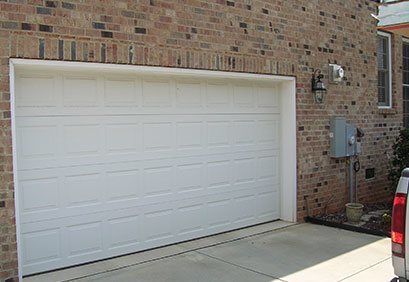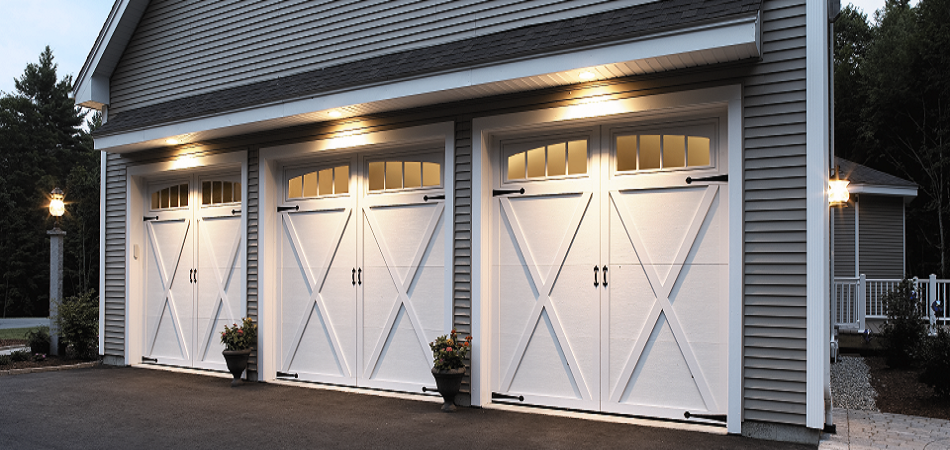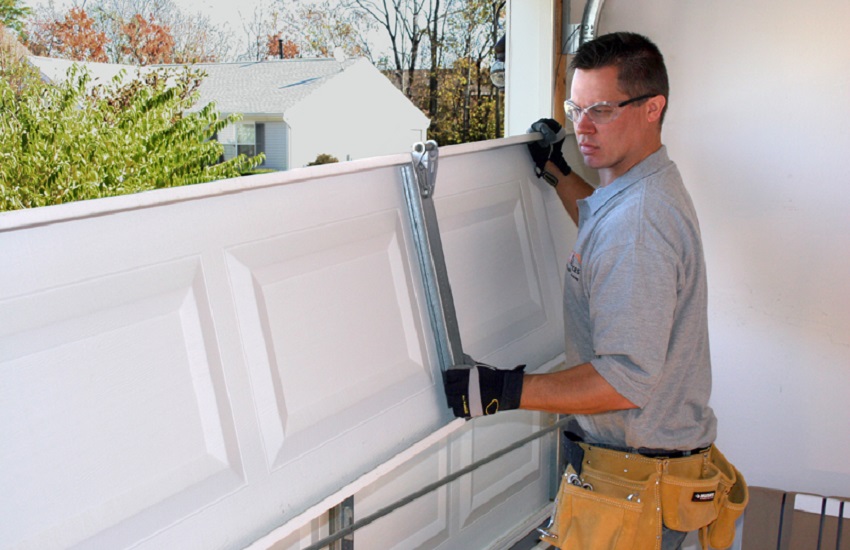Water heaters are essential appliances in any home, providing hot water for showers, washing dishes, and doing laundry. However, like any other appliance, they may experience issues from time to time that can disrupt the flow of daily life. This guide will explore some common water heater problems and offer troubleshooting tips to help you address them. Call a water heater repair technician if you are uncomfortable performing any of these steps.
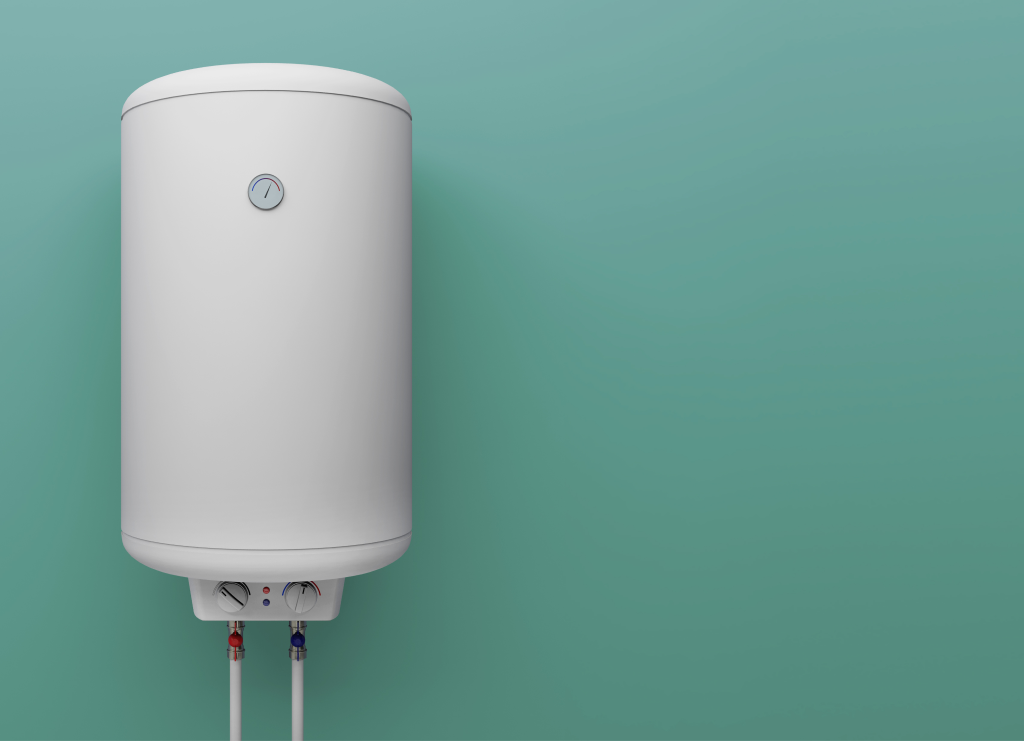
Content
No Hot Water
One of the most common issues with water heaters is no hot water coming from the faucet. This can be a frustrating problem, especially if you are looking forward to a hot shower or bath. Some possible causes for this issue include a faulty heating element, a tripped circuit breaker, or even an empty propane tank (if you have a gas water heater).
To troubleshoot this issue, first check the temperature setting on your water heater. It should be set between 120-140 degrees Fahrenheit. Next, ensure that the water heater’s circuit breaker has stayed on track. If it has, try resetting it and see if that solves the problem. If these steps do not work, it may be a faulty heating element, so you will need to have it replaced by a professional.
Strange Noises
Hearing unusual noises from your water heater can be concerning and may indicate an underlying issue. Some common causes for strange noises include sediment buildup at the bottom of the tank or a malfunctioning heating element.
To troubleshoot this issue, first try draining and flushing the tank to remove any sediment buildup. If the noises persist, it may be a sign that the heating element needs to be replaced. It is best to call a professional for this task, as handling electrical components on your own can be dangerous.
Leaks
Leaks in a water heater are not only a nuisance but can also lead to significant water damage in your home. If you notice a leak, the first thing to do is turn off the power and water supply to the heater. Then, locate the source of the leak, which could be due to a damaged valve or a crack in the tank.
If the valve is damaged, it may just need to be tightened or replaced. However, if the tank has a crack, it will need to be replaced entirely. In this case, it is important to call a professional, as attempting to replace the tank alone can be dangerous and may cause more damage.
Discolored Water
If you turn on your faucet and notice discolored water coming out, it may be a sign of sediment buildup in your water heater. This can also decrease the hot water supply and impact your appliance’s efficiency. To address this issue, try draining and flushing the tank to remove sediment.
If the discolored water persists, it could indicate rust inside the tank. In this case, you will need to have the tank replaced by a professional. It is also recommended that your water heater be regularly maintained to prevent sediment buildup and potential rusting.
Water heater problems can be frustrating and disruptive to daily life, but knowing how to troubleshoot common issues can save you time and money in the long run. By following these tips and taking preventative measures, you can keep your water heater running smoothly and ensure a steady hot water supply in your home. Remember, if the issue is beyond your knowledge or capabilities, it is always best to call a professional for assistance.

Gary is a home improvement blogger who strives to improve his life and the lives of others. He provides homeowners with helpful tips on how to renovate their homes. His goal is not only to provide easy-to-follow instructions, but also share his own personal experiences for those seeking guidance.




